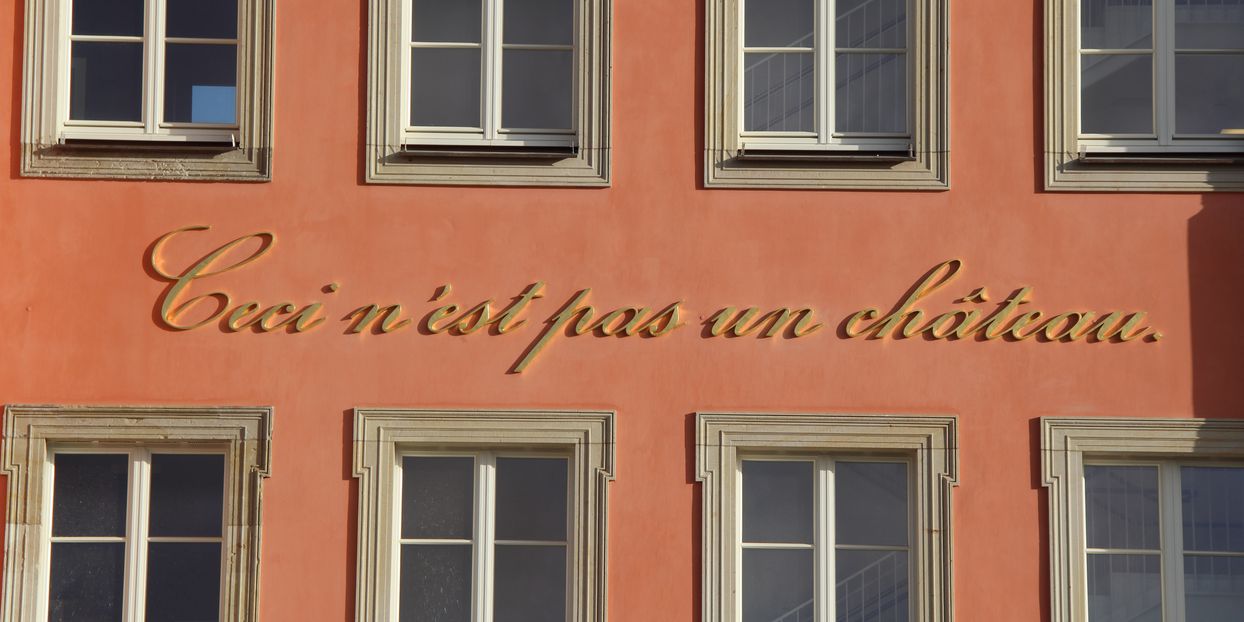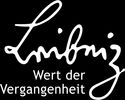
LRA Historical Authenticity
About the Research Alliance
Today, more than ever before, attitudes to the past are characterised by an intense striving for historical authenticity. In practical terms this manifests itself, for example, in the value attached to "authentic objects" in museums, collections and archives or to "authentic places" - be they historic buildings, urban architectural ensembles or memorial sites as apparently direct embodiments of history. This desire for historical authenticity and past "reality" goes hand in hand with an attachment to "tradition" and a longing to experience history "first hand". Ultimately, this is all bound up with a desire for things regarded as "genuine", with a wish to reconstruct and preserve the "true" and "original".
The Leibniz Research Alliance Historical Authenticity seeks to explore how contemporary conceptions of authenticity affect the way we deal with our cultural heritage by examining the reconstruction and conservation of historical artefacts, by studying the function of language as a cultural repository and instrument, by tracing the development of school textbooks and maps, and looking at the conception of museums, archives, monuments and memorial sites.
The Leibniz Research Alliance Historical Authenticity is a new form of cooperation and includes historical, educational, social sciences and spatial research institutes as well as research museums. It will take a transdisciplinary and international approach, drawing on the full range of competence and expertise offered by cultural studies and by the social and life sciences at the participating research museums and institutes. Nineteen Leibniz institutes and three external partners are currently involved.
Lines of Enquiry
Authenticity as a contemporary phenomenon
Here we will investigate the paradigm of historical authenticity so characteristic of contemporary societies as well as the impact that perceptions of authenticity tied to particular epochs and regions have on how we approach the past, on the concept of world cultural heritage and on our more general understanding of history. We ask to what extent the social search for self-reassurance associated with the desire for authenticity is a characteristic of contemporary history, in other words of the postmodern era. Is this a new brand of historicism or is it an attempt to “reclaim” history now that the modern age of progress has come to an end?
Historical authenticity in a transnational perspective
Postcolonial approaches to history are increasingly revealing how culturally diverse and regionally specific the concept of authenticity is. We ask whether the rise of the authenticity topos should be regarded as a global phenomenon and whether national, regional and group-specific characteristics can be identified. What kinds of concepts of authenticity do we find if we compare different periods of history, and how are they influenced by different forms of agency (individuals and organisations)? What other evidence do we find – alongside international historical monument preservation and the world heritage discourse – that a transfer and global harmonisation of authenticity concepts is underway? The research alliance sets out to investigate to what extent different concepts of historical authenticity are based on specific historical experiences and social structures.
Authenticity conflicts
The discourse and scholarly debates on the politics of remembrance are expressed as conflicts over authenticity. We will investigate the instrumental character of authenticity claims as strategies designed to further political, economic and social goals in various national, regional and transnational contexts. Here authority and authorisation largely determine what historical subjects and societies choose to perceive as “their” cultural heritage. We examine the conflicting nature of claims to authenticity in a number of contexts – including in the establishment of research paradigms, as a source of collective identity, in the presentation of exhibitions and in the development of maps and atlases, educational curricula and school textbooks – both from the historian’s perspective and in terms of the history of culture.
Shifts in validation strategies
Ascribing authenticity is a mode of generating evidence based on scholarly methods and practices, well-rehearsed rhetoric and socially anchored authentication rituals. Thus the reconstruction of historical authenticity today seeks not so much to restore and preserve an “original” state, but increasingly to render visible various layers of history. The research alliance will look at how scholarly styles of thinking, institutional and social frameworks and the practices employed by museums, archives and other institutions concerned with the culture of memory have influenced validation strategies over the course of history.
Authenticity and the media
The advent of new media has changed the standards by which evidence is measured and generated new authentication possibilities for stakeholders concerned with the politics of history. Today new kinds of information technology – web-based archiving, digital geovisualisation and computer-based linguistic tools – are used to reconstruct historical semantic contexts, to preserve and study historical repositories of knowledge and to convey their findings to the public. The research alliance will reflect on how media and media formats influence the perception and generation of historical authenticity.
The relationship between subjective and objective authenticity
Since the 1970s processes of individualisation and social pluralisation have given rise to new ideas about “self” and “own” as distinct from “other”. These have had an impact not only on notions of identity and authenticity, but have also changed the way we use objects and places to appropriate the past. The sensory appeal of historical remains, relics and traces of the past as well as our empathy for “living” and “embodied” history increasingly determine how much attention is accorded to a past event or epoch. The research alliance therefore intends to investigate the relationship between subjective and objective authenticity, between historical experience and the reflective appropriation of history and between "authentic" and "staged" history.
